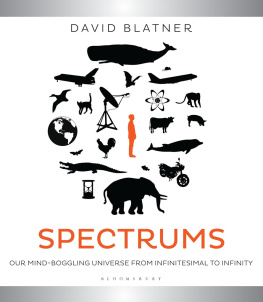Maxfield Sparrow - Spectrums
Here you can read online Maxfield Sparrow - Spectrums full text of the book (entire story) in english for free. Download pdf and epub, get meaning, cover and reviews about this ebook. year: 2020, publisher: Jessica Kingsley Publishers, genre: Home and family. Description of the work, (preface) as well as reviews are available. Best literature library LitArk.com created for fans of good reading and offers a wide selection of genres:
Romance novel
Science fiction
Adventure
Detective
Science
History
Home and family
Prose
Art
Politics
Computer
Non-fiction
Religion
Business
Children
Humor
Choose a favorite category and find really read worthwhile books. Enjoy immersion in the world of imagination, feel the emotions of the characters or learn something new for yourself, make an fascinating discovery.
- Book:Spectrums
- Author:
- Publisher:Jessica Kingsley Publishers
- Genre:
- Year:2020
- Rating:4 / 5
- Favourites:Add to favourites
- Your mark:
- 80
- 1
- 2
- 3
- 4
- 5
Spectrums: summary, description and annotation
We offer to read an annotation, description, summary or preface (depends on what the author of the book "Spectrums" wrote himself). If you haven't found the necessary information about the book — write in the comments, we will try to find it.
Spectrums — read online for free the complete book (whole text) full work
Below is the text of the book, divided by pages. System saving the place of the last page read, allows you to conveniently read the book "Spectrums" online for free, without having to search again every time where you left off. Put a bookmark, and you can go to the page where you finished reading at any time.
Font size:
Interval:
Bookmark:

SPECTRUMS
Autistic Transgender People
in Their Own Words
Edited by Maxfield Sparrow

Maxfield Sparrow (they/them/their)
In the early aughts, I was writing about gender and presenting my papers at conferences. For one gender conference, I decided I wanted to research and write about the intersection of autism and gender, two topics so close to my heart it was as much me-search as research. Eagerly, I approached the academic databases and started typing search terms. A few hours later, I turned off my computer, so disheartened I went into a depression. I didnt write anything about autism and gender and I didnt even attend that conference.
What I had unearthed was the earliest research about Transgender presenting us as diseased and dangerous.)
To put this identity disconnect in perspective for those who identify with a binary gender, imagine describing someone as a person with femaleness or a person with maleness. It probably sounds odd and unnecessary to you, using language to separate someones gender from their core identity and personhood that way. Thats how tightly woven in my identities as an Autist and a Trans person are. Not all people on the autism spectrum feel that way and not all gender variant and gender-nonconforming people feel that way, either. But for so many of us, these identities are deeply rooted in our being.
What did I find in my literature search back in those earliest years of the 21st century? There wasnt much research out there and what little I found were individual case studies. We were many years yet from the research that is currently re-tooling the way people see autism: the studies that show that Autists assigned female at birth often have more skill at masking or camouflaging the signs of their autismwhether due to some inherent biological trait or as a result of the differences in how those children viewed as female are socialized and the different set of expectations laid on them due to presumptions about their gender role. We were still deeply in one in four territory with respect to autism and gender back then. And we were even further from the prevalence studies examining groups of people living in the intersection of autism and gender identity.
Those few case studies 20 years ago were of Autistic children who had firmly declared their gendera gender that didnt match the one that had been assigned to them at birth. The papers were deeply pathologizing, casting these children as engaged in an autistic obsession with gender, not as the Transgender children I could so clearly see them as. The childrens frustration with the adults around them was so palpable it leaked through the detached scientific language of the white coats writing about them.
Dont get me wrong, I love researchers. They are our lifelines from a different, better future. We Autists and we Trans folks can tell the world who we are for generations without seeing any change. But when researchers hear us and study the things we are telling them, the results are life-transforming. More and more researchers are including us in their work, listening to us, and studying us as fellow human beings who deserve a place at societys table. I can see the positive impact their work is having on all our Autistic lives, ranging from increased access to communication to more diverse job and career opportunities and everything in between.
So I dont sneer at autism researchers, but those researchers I was reading that long-ago day were not our allies. They were not listening to their patients, but viewing them through a medicalizing lens that left no room for the possibility that an Autist might have enough empathy, theory of mind, and cognitive capacity to actually be transgender, recognize themselves as such, and clearly communicate that understanding to others. The children in those early case studies were not being treated as whole human beings with autonomy and self-understanding. It was beyond upsetting.
The landscape is different today. There are still medical journal articles, published within the last five years, that describe our gender experiences in terms of autistic deficits. Im still reading interpretations of our words and actions that feel like they are coming more from a researchers lens than an Autists experiences. But the overall view I got when I recently combed through scores of journal articles was much more positive than the scientific landscape of two decades ago. I came away from journal reading this time filled with hope, not despair.
I couldnt help contrasting the pain I felt at reading those early case studies with the joy I felt reading a case study published in 2018 describing an extremely anxious child who had been diagnosed with autism at age two. At age eight, the child was minimally speaking, mostly using an iPad to communicate. The childs parents brought him to a gender clinic because he became upset when people referred to him as she, insisting Dont say she! Say HE! An autism-informed gender therapist worked with the child and his family, helping to facilitate a transition to recognizing the child as a boy. The results were astounding:
The child made no eye contact, shied from any physical contact, and anxiously hummed and rocked. After several months of mental health treatment[t]he clinic team was astounded to discover a child who strode into the clinic, shook hands with the team, made eye contact, and began talking in full, although truncated, sentences. (p.4080)
So much of what had led diagnosticians to label the child as severely autistic turned out to be layers of anxiety and gender dysphoria. This case sheds so much light on both the intersection of autism and transgender issues and the true nature of what we tend to label as being an inherent part of autism. How many of the struggles of autism would dissolve in a world where Autists were accepted, accommodated, and valued for who we are rather than who we might be shaped into?
It was the prevalence studies that convinced me this anthology was sorely needed. Autistic people have a higher rate of Transgender identities than the general population does. Likewise, the Transgender community has a higher autism rate than the general population. Before getting into the (widely varying) numbers found in prevalence studies, what are the general rates of autism and Trans people?
The US Centers for Disease Control and Prevention (CDC) report a worldwide autism prevalence rate between 1 and 2 percent of the population.
Finding a prevalence rate for Trans people is more difficult. Many Trans people dont want to be counted. Many dont identify as transgender (some of those people are non-binary genders and identify as, for example, a man with a trans history). The definition of transgender (e.g. only counting people who medically transition, only counting people reporting gender dysphoria, only counting trans people with binary gender identities) can vary from one prevalence study to another, dramatically affecting reported prevalence rates.
The most recent edition of the Diagnostic and Statistical Manual of Mental Disorders ( DSM-5 ) cites a prevalence range between 0.002 percent and 0.014 percent (While both these numbers come from a single New Zealand study, they are, coincidentally, the far ends of range estimates from a number of studies from the US, Netherlands, and UK.)
Prevalence rates for trans people go up dramatically when looking at the larger population, not just those who show up at clinics to medically transition or those who change their gender on their passport and other vital documents. A 2016 review and meta-analysis including prevalence studies that relied on self-reporting of trans status found prevalence rates in a range from 0.1 percent (from the California Health Interview Survey) to 7.3 percent (from a Taiwanese survey of first-year college students). The significant size of the prevalence range from self-reported transgender studies illustrates the difficulty in assessing just how many trans people there might be among the general population.
Font size:
Interval:
Bookmark:
Similar books «Spectrums»
Look at similar books to Spectrums. We have selected literature similar in name and meaning in the hope of providing readers with more options to find new, interesting, not yet read works.
Discussion, reviews of the book Spectrums and just readers' own opinions. Leave your comments, write what you think about the work, its meaning or the main characters. Specify what exactly you liked and what you didn't like, and why you think so.

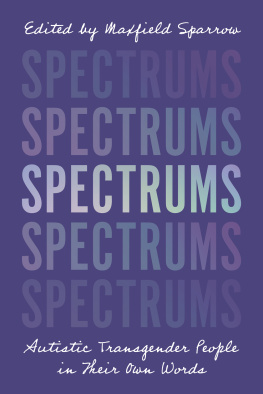
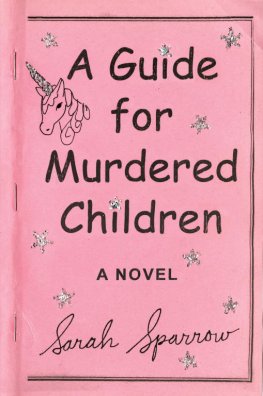
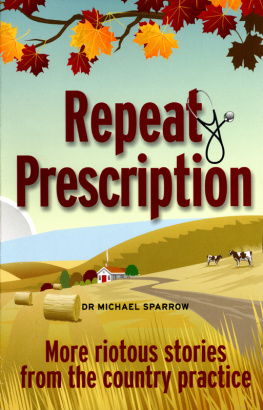


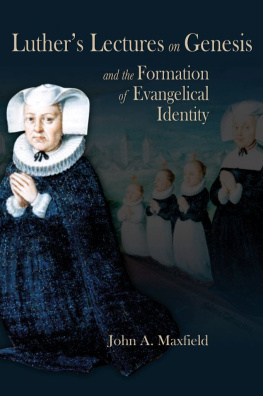
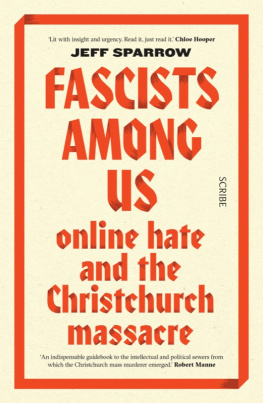
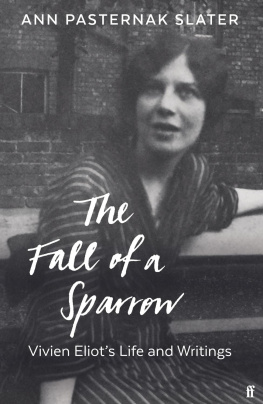
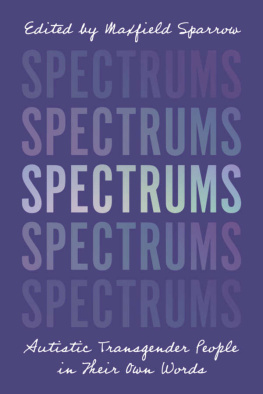
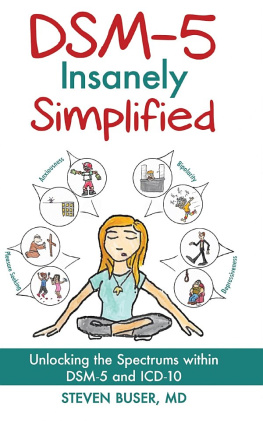
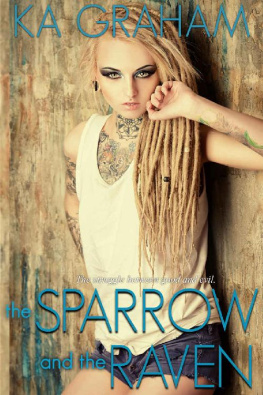
![Clive Maxfield [Clive Maxfield] - Bebop to the Boolean Boogie, 3rd Edition](/uploads/posts/book/124140/thumbs/clive-maxfield-clive-maxfield-bebop-to-the.jpg)
